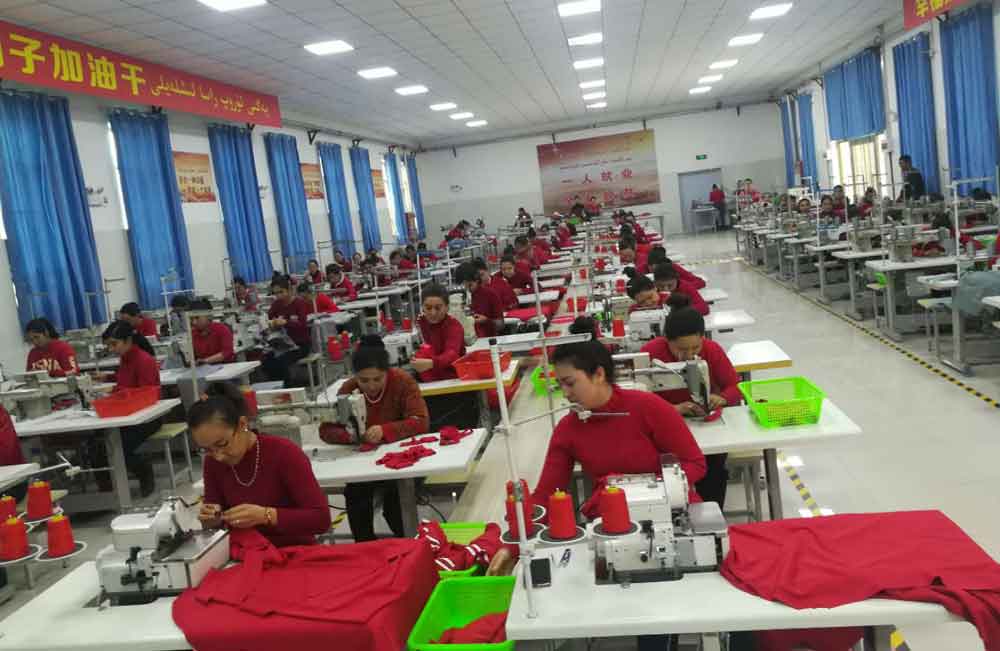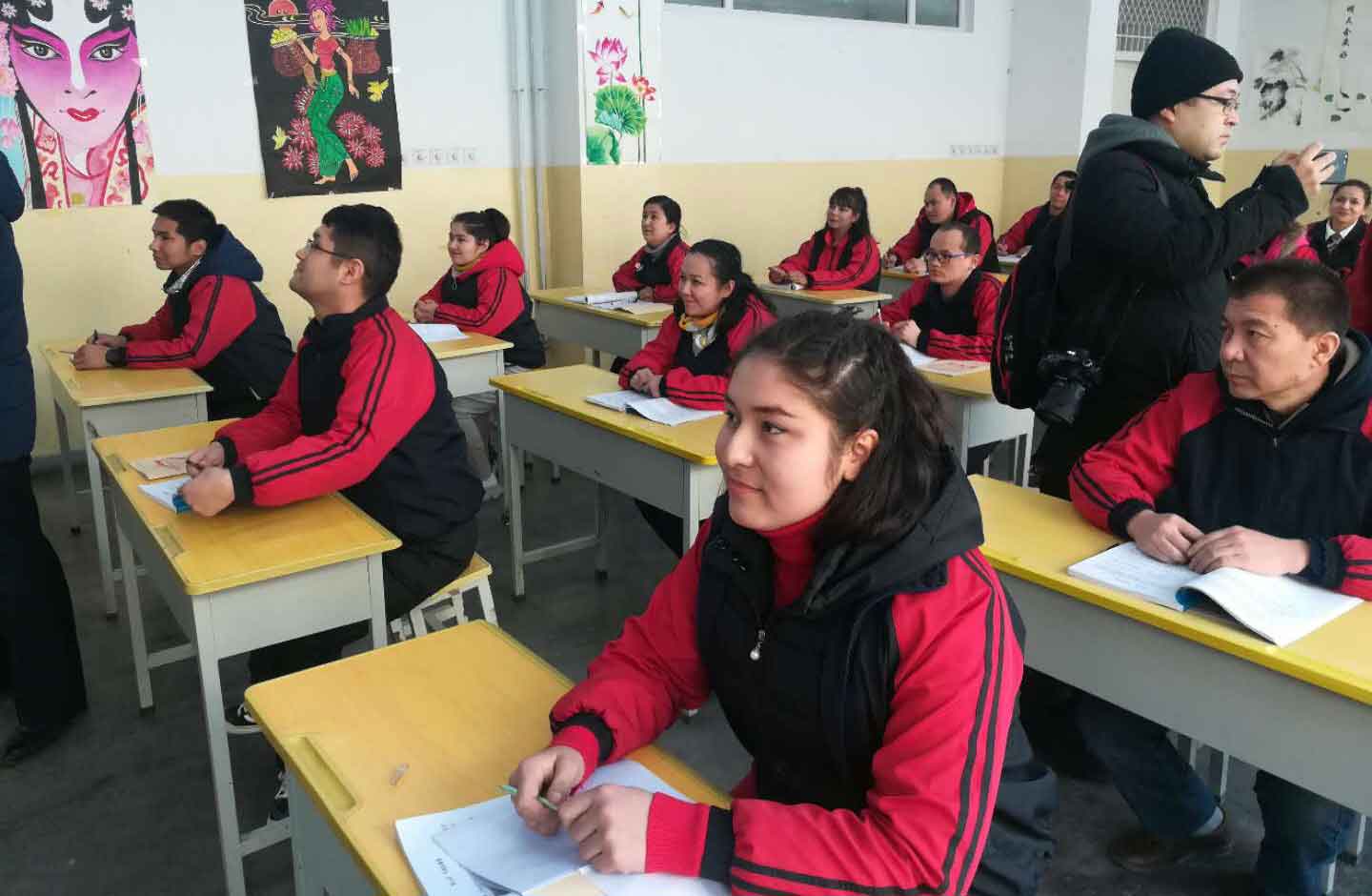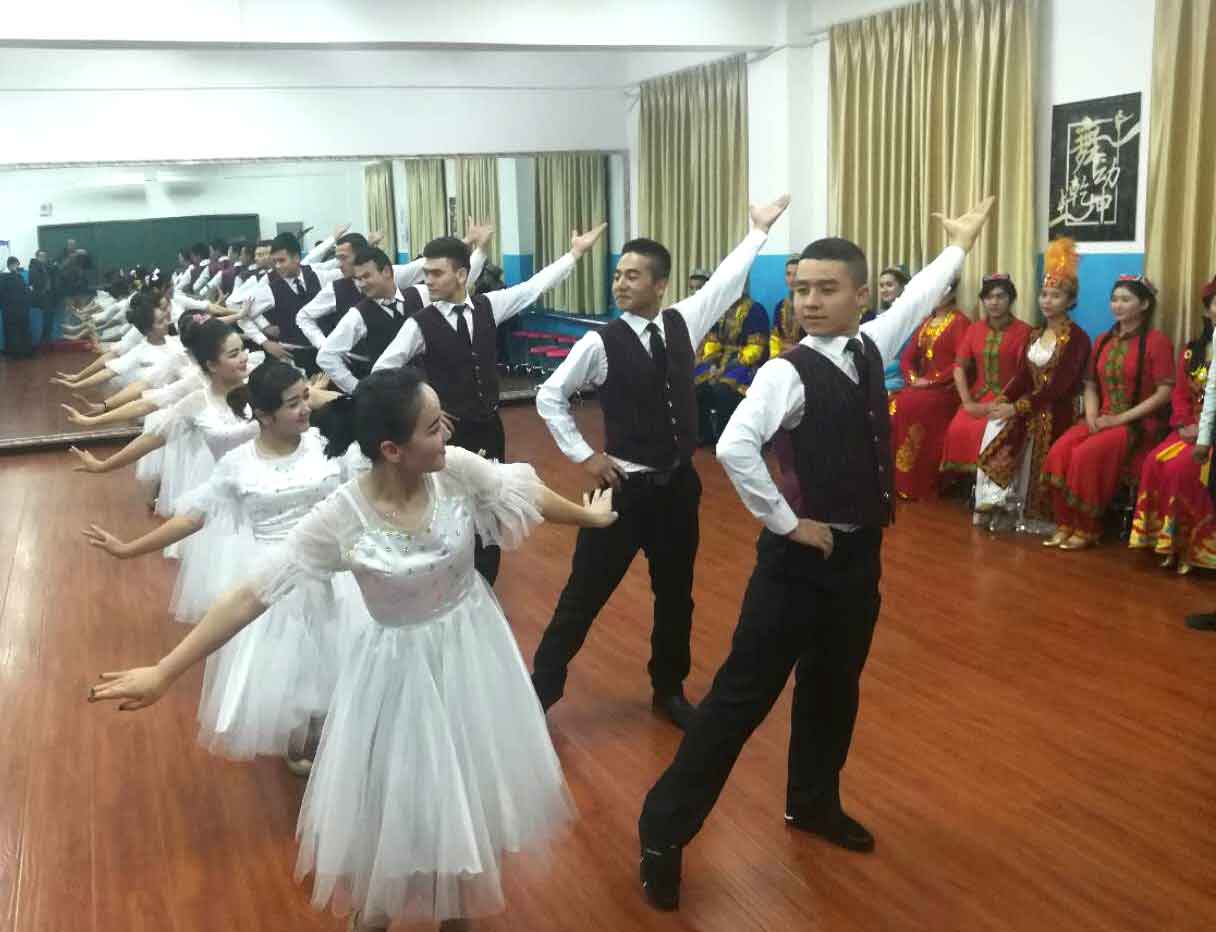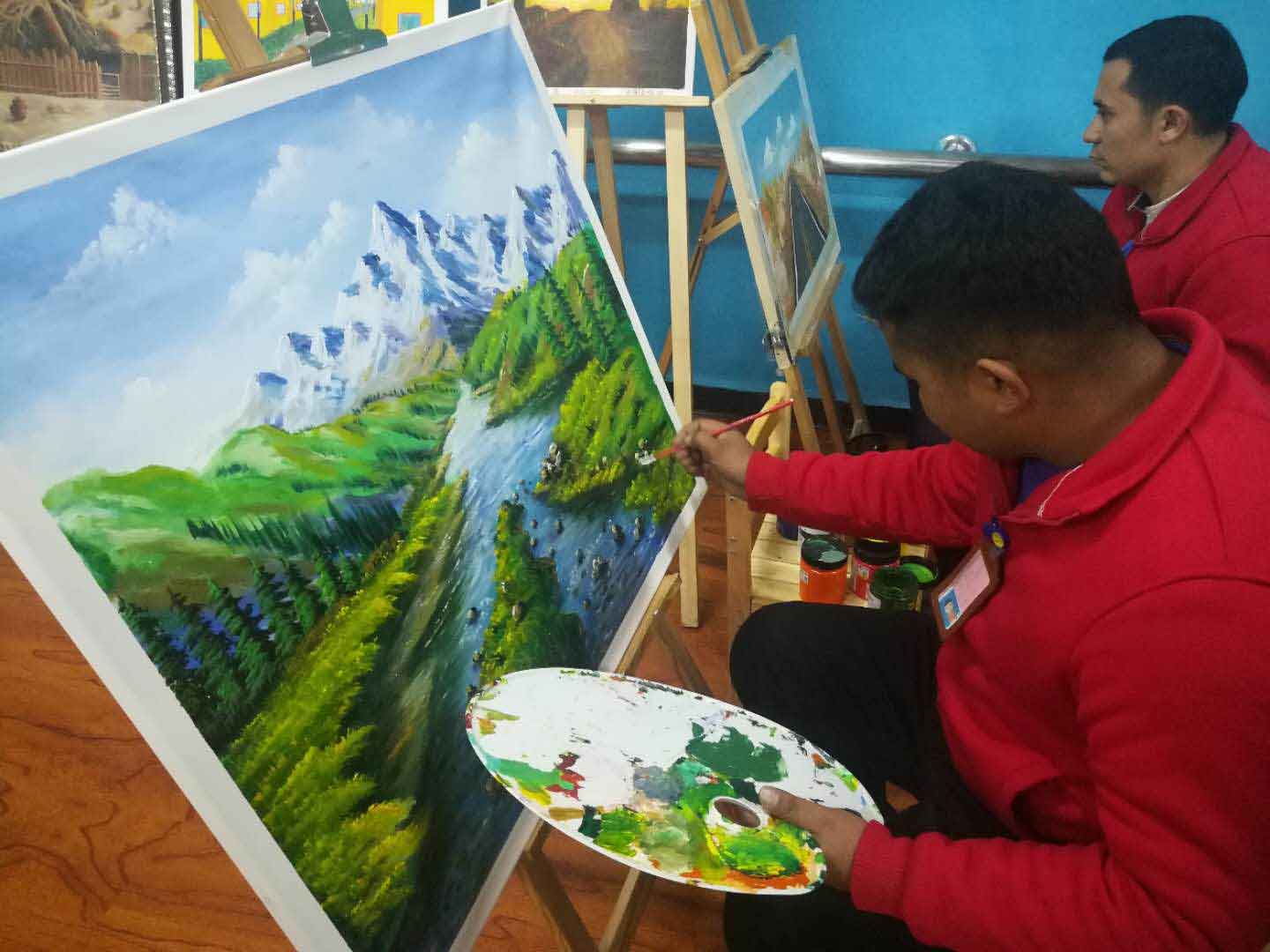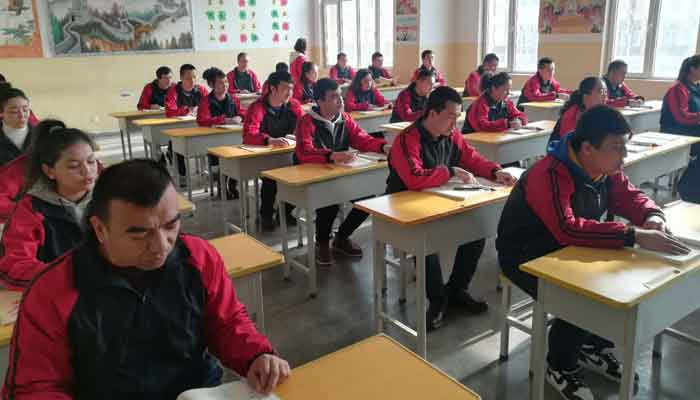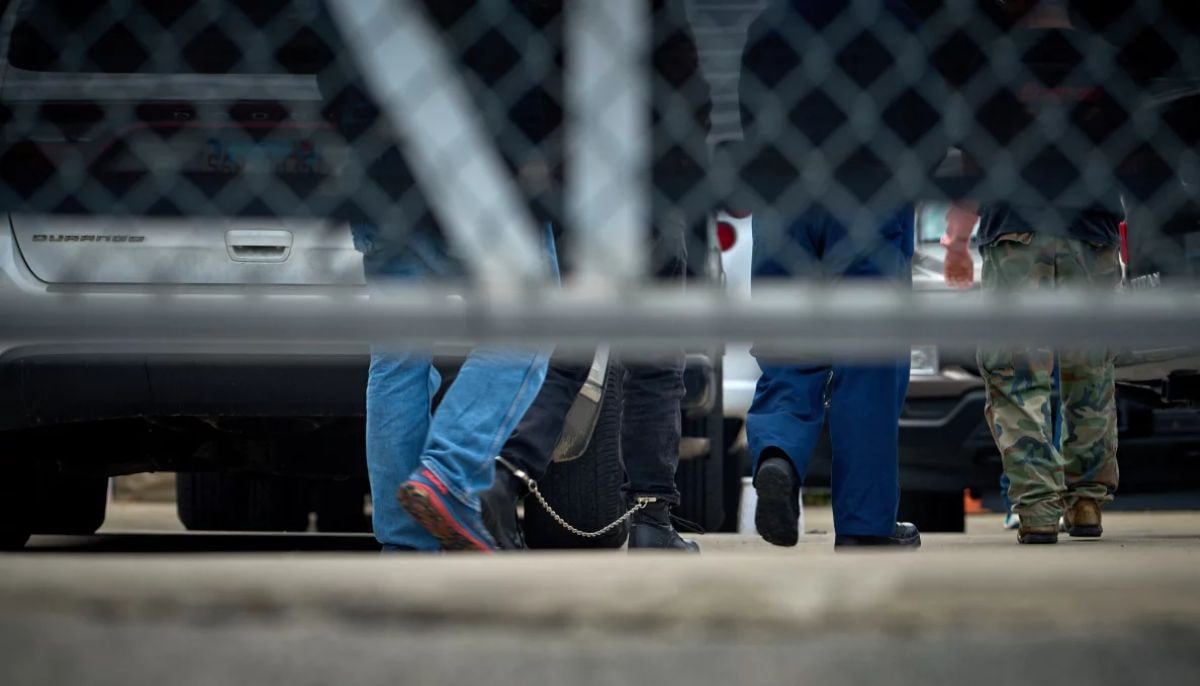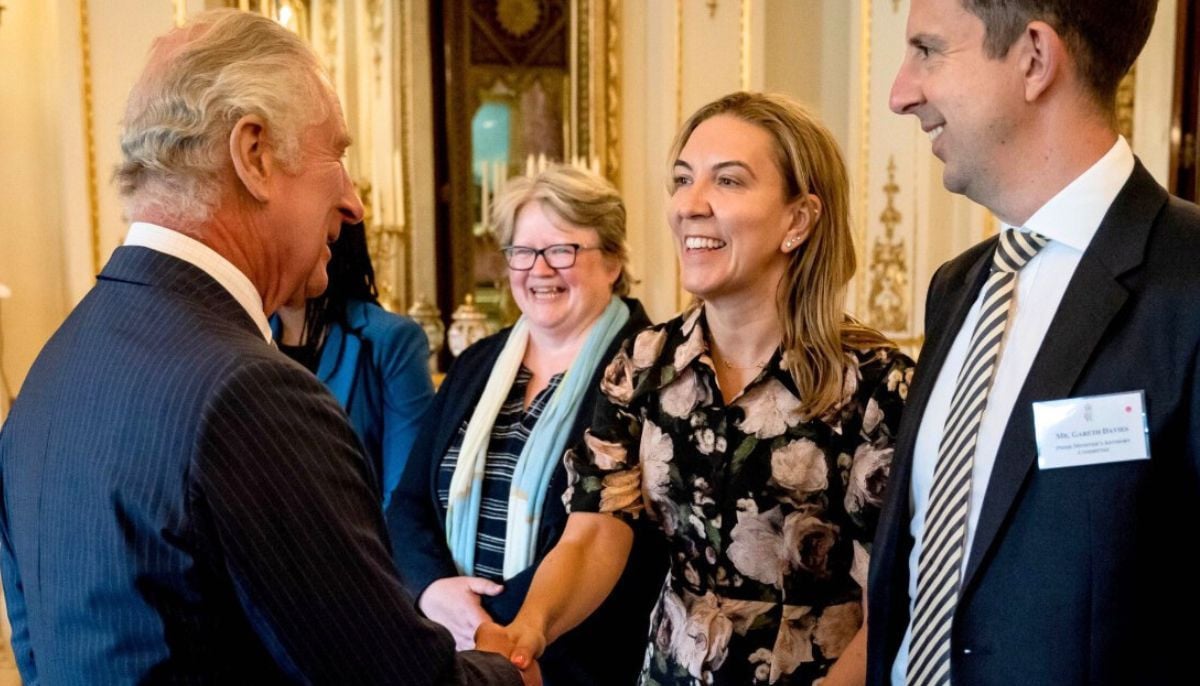Inside Xinjiang vocational centers
Inside Xinjiang vocational centers: A number of trainees, previously affected by terrorism or religious extremism, told a group of Beijing-based foreign journalists who visited these centers at Kashgar and Hotan, recently, that they opted to undergo the training programme voluntarily and they were being looked after well.
KASHGAR/HOTAN (China): Uygur trainees who are learning common national language and different professional skills at vocational education and training centers set up in southern parts of China’s Xinjiang Uygur Autonomous Region were confident to return to a normal life and anticipated a better future.
A number of trainees, previously affected by terrorism or religious extremism, told a group of Beijing-based foreign journalists who visited these centers at Kashgar and Hotan, recently, that they opted to undergo the training programme voluntarily and they were being looked after well.
Nurkamiljan, a trainee at the center in Kashgar, shared he was able to complete only primary schooling and was not doing any job or business before voluntarily joining the training programme.
He expressed the confidence that he would learn the language and some skills and would be able to get a job.
A female trainee who requested not to be named informed that she was married and the training was useful for her better life in future.
“I am allowed to go home at the weekend to spend time with my children.”
Around 1,200 students were presently under training.
The journalist visited classrooms, playgrounds, dormitories, and cafeteria.
A group of students attired in colourful dress entertained the journalists with stunning singing and dancing performance.
The male and female students were together at the cafeteria during lunch and enjoying healthy and nutritious food.
When asked, head of the center, Mijiti Meimeiti said, the government had chalked out a comprehensive plan to absorb these trainees in the mainstream society after completion of their training.
“When these trainees will complete the process of learning language, legal knowledge, and basic professional skills, if they wish, we will recommend them for job opportunities,” he explained.
To a question about the facilities at the center, a senior official of CPC Xinjiang Committee, Shi Lei informed that the local government had not spent additional funds on the construction of buildings and appointment of staff.
“All the buildings were already there and the staff deployed here was taken from other institutions and we are providing financial support and food to the students,” he added.
He said when this center would come to an end, all the staff would be repatriated to its previous positions.
Adila, a student learning catering skills at the center in Hotan said that she only attended primary school and had no job before joining the training.
After completing training which was indeed useful for her, she would be able to speak a common language and hope to get good employment opportunities.
She learned about the center from a member of CPC village committee and she applied for it and finally, her admission was approved.
Adila said she was very happy as all the facilities were free of cost and she could visit her parents every week.
Abdullah, another Uygur getting training of a chef at the center said he was there for the last one year.
He was a farmer and hoped to run a business upon completion of his training.
About his future prospects in Xinjiang or other areas of the country, he said, “I have learned a lot now. I am a master of common language now. I will face no problem to communicate with other people.”
Abdullah said he had joined the training voluntarily and he was single and allowed to go to see his parent once a week.
“I am satisfied and very happy with the training, facilities, and treatment” he added.
Some trainees were studying language and others were learning painting, stitching, house-keeping, beauticians and haircut etc.
Some of them were attending classes to enhance agriculture skills.
At this center, a group of male and female trainees sang and danced with perfection and rhythm and highly impressed the group with their performance.
According to senior officials, these vocational education and training centers were set up at the end of 2017 particularly in the southern parts of the province to get those affected by terrorism or religious extreme back to a normal life as well as to learn languages and professional skills.
There was not such a center in the northern area of the province.
The south-west Xinjiang Uygur Autonomous Region is home of around 20 million people out of which Uygur’s population is around 10 million.
-
Dwayne Johnson confesses what secretly scares him more than fame
-
Daniel Radcliffe wants son to see him as just dad, not Harry Potter
-
Nancy Guthrie kidnapped with 'blessings' of drug cartels
-
Heavy snowfall disrupts operations at Germany's largest Airport
-
France sees record 102mn international tourists in 2025
-
ICE deports Congolese mother despite fears she could be killed
-
Keir Starmer appoints 'Dame Antonia Romeo' as first female head of UK service
-
Russia sounds alarm over Iran tension as US forces surge in region
